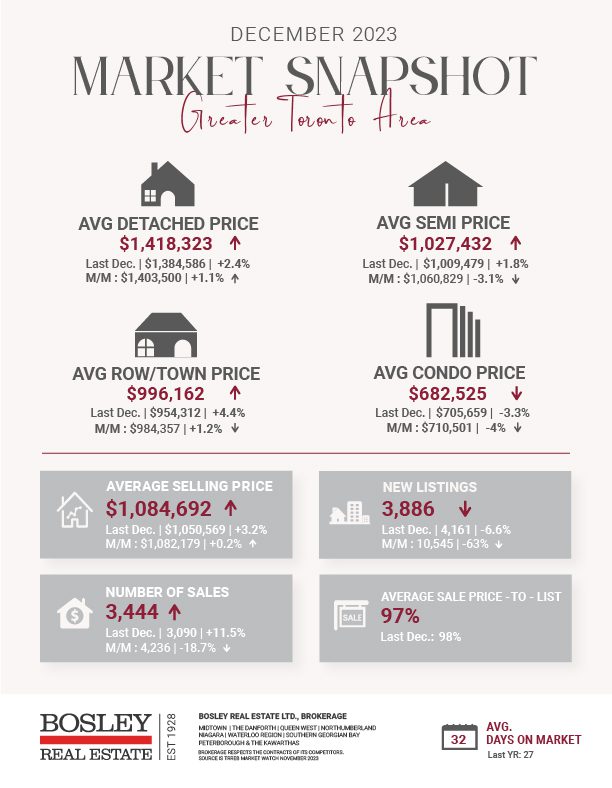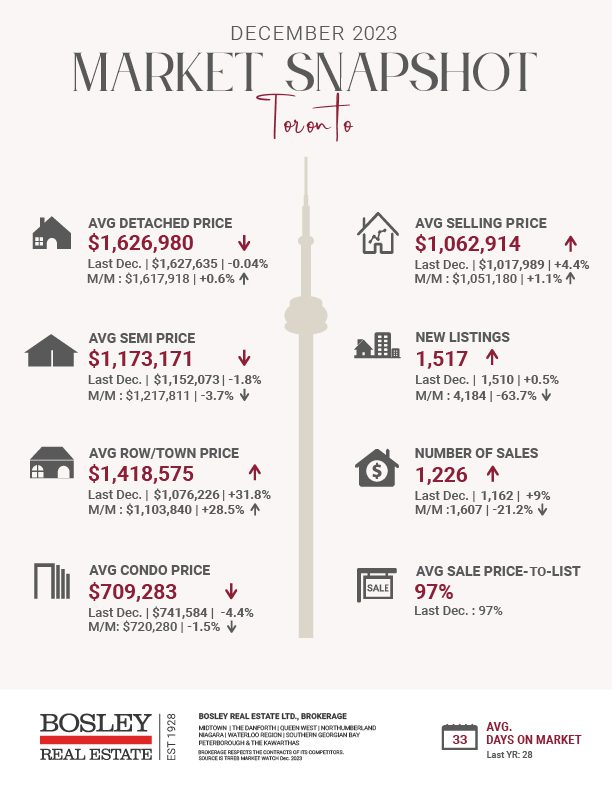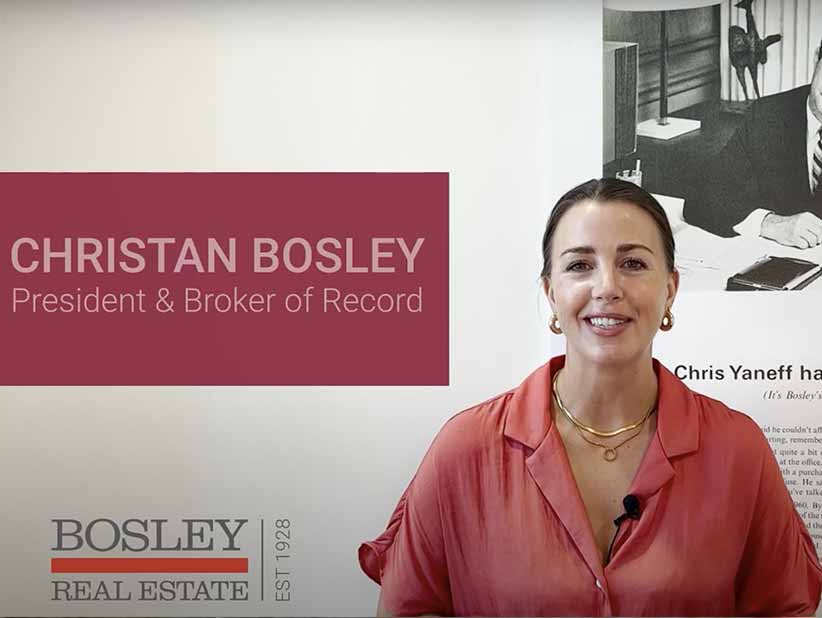


Foreign buyers who want to purchase a home in Toronto could soon face an even steeper price tag if city council approves a new municipal tax that aims to curb real estate speculation.
The Municipal Non-Resident Speculation Tax (MNRST), is currently under consideration for approval at the upcoming executive committee meeting, proposing an additional 10% levy on the purchase price of residential properties starting in January 2025.
The implementation of the MNRST is contingent upon whether the two-year federal ban on foreign home purchases, initiated by Justin Trudeau’s Liberal government in 2023 is extended.
The primary objective of the MNRST is to safeguard residential housing supply availability and maintain affordability in the real estate market by discouraging international buyers, especially those not intending to reside in the purchased property or engaging in speculative motives.
The proposed municipal tax is modeled after the province’s Non-Resident Speculation Tax (NRST), enacted in 2017, which imposes a 25% tax on the purchase price of certain properties across Ontario for foreign buyers. Similar exemptions and refunds as outlined in the provincial tax will apply to the municipal tax, including a rebate for foreign buyers who attain permanent residency within four years of the purchase.
Excluded from the MNRST are multi-residential apartment buildings with more than six units, agricultural land, commercial land, or industrial land. Additionally, properties jointly purchased by a foreign national and a spouse who is a Canadian citizen, permanent resident, nominee, or protected person will be exempt from the tax.
Previously available rebates for international students and foreign nationals working in Ontario were phased out in 2022 and will not be included in the proposed municipal policy. While the primary goal is to reduce real estate speculation rather than maximize revenue, it is estimated that the MNRST could contribute up to $15 million to the city’s coffers in its first year.
Since the introduction of the provincial non-resident speculation tax in 2017, Ontario has collected over $1 billion, with approximately half of this revenue attributed to home purchases in the City of Toronto. The staff report recommends implementing the MNRST on January 1, 2025, following the expiration of the two-year federal ban on home purchases by foreign buyers.
According to the city report, only 533 residential transactions in the city would have been subject to the tax in 2022.
Here are the top 5 trending stories of the week:
- Bank of Canada holds key rate at 5%, signals it’s done with hikes | “Policymakers led by Governor Tiff Macklem left the benchmark overnight rate unchanged at five per cent on Wednesday, a pause that was widely expected by markets and by economists in a Bloomberg survey. Officials say the data show economic growth has stalled and will remain slow in the near term, which will help bring inflation back to the bank’s two per cent target next year.”
- Toronto’s repair backlog has gone from scary to terrifying, councillor says. Here’s a look at what’s at stake | “Toronto’s long list of necessary repairs for local roads, bridges and transit will continue to grow over the next decade according to the city budget, even as two major highways are taken off the books. The city’s state of good repair backlog is projected to shoot up from $10.6 billion to $22.7 billion by 2033. City staff say inflation, high interest rates and a labour shortage all contribute to the problem and mean the city needs to be strategic about how it spends its $49 billion capital budget..”
- Openn Offers: Revolutionizing Canadian real estate with transparency and efficiency | “Openn Offers is a technology platform that helps realtors manage and negotiate offers efficiently, while also maintaining compliance with local regulations and ensuring a fair process for buyers and sellers. It also integrates with realtor.ca and the Canadian Real Estate Association’s web forms, helping agents publish information about received offers directly to their listing page on Realtor.ca.”
- Canada To Limit International Students After Drop In Applications | “Canadian policymakers have done a 180 when it comes to its open door policy for international students. The Government of Canada (GoC) announced a two year cap on study permits will be implemented soon. In addition, work permits will also become more difficult to obtain. The move comes after increased international scrutiny of the country’s study programs, which had already begun to slow applications. “
- Here’s how much you actually need to earn per year to afford a house in Toronto right now | “Last year was a wild one for real estate in Toronto and across Canada, with steep declines in activity that somehow failed to push prices all that much lower from the highs our housing market is known for.”

The Bosley Advantage
Read about the heritage and innovation that form the foundation for Bosley’s industry-leading approach to real estate.







